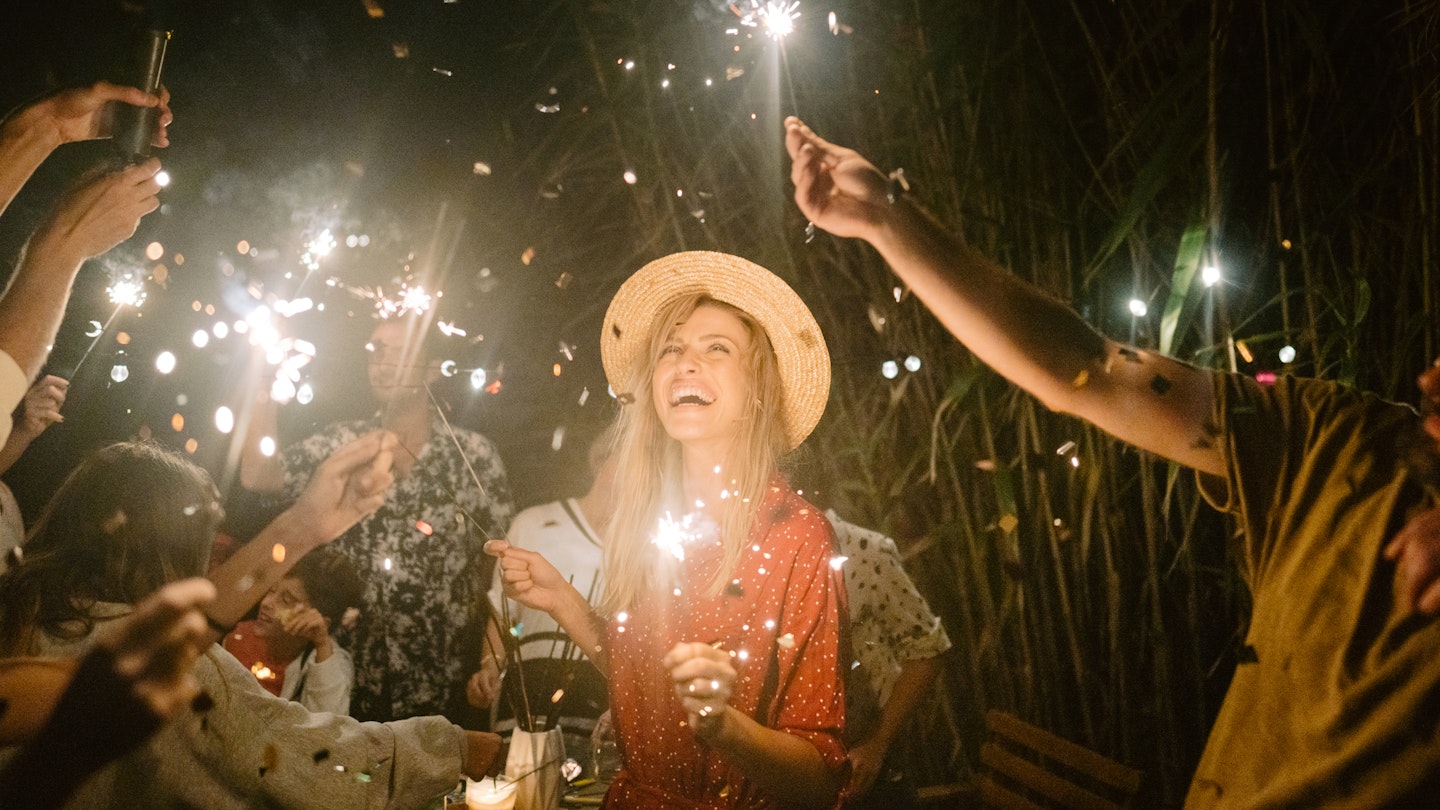Hardly a week goes by in Greece without some kind of festival or celebration, large or small. Many are pegged to the nation’s long and storied heritage, while others are tied to the Orthodox Church, which continues to play a huge role in the nation’s calendar and conscience. Some events are purely contemporary, drawing performers and fans from across the globe.
Here are our five favorite Greek festivals, each of which is worth planning a trip around.
Rockwave Festival

Rockwave Festival, Greece’s top music festival, is the Aegean rival to European all-stars like Glastonbury in the UK and Exit in Serbia. Held over a long weekend in July, Rockwave has been bringing top acts to Athens since 1996. Its home is Terra Vibe, a vast park on the outskirts of Athens.
Hard rock and heavy metal are the stars at Rockwave. Big names appearing at past festivals include Amenra, Placebo, Black Sabbath, Moby, Prodigy, Arctic Monkeys, Judas Priest, The Cure, Iron Maiden, and Nick Cave and the Bad Seeds.
Special buses run from the heart of Athens, although once out on the grassy expanse of the venue, many choose to camp, making this a round-the-clock party. Onsite vendors offer food and drink, and attendees can find plenty of sources for water, which is vital because it gets hot under the Greek summer sun.
Athens Epidaurus Festival

The slopes of Acropolis and an ancient theater in the Peloponnese are the sites of the Athens Epidaurus Festival, Greece’s premier cultural festival that runs all summer. Sitting in these ancient sites under the stars on balmy summer nights while enjoying entertainment with roots more than 2000 years old is pure magic.
In Athens, the Odeon of Herodes Atticus is the site for music, dance, and theater performances. Visitors can enjoy live performances of the classics in a venue that dates back to CE 161. Other events bring modern interpretations of ancient Greek culture to the appreciative masses, often attracting more than 5000 attendees.
Less than two hours from Athens, the ancient Theatre of Epidaurus — dating from the late 4th century BCE — seats 14,000 people and is part of a UNESCO World Heritage site.
August Moon Festival
No matter where you are in Greece, the night of the August full moon is cause for celebration — a tradition that dates back to ancient Greece and its lunar calendar. Locations are often historic sites that are otherwise not used for performances, which includes iconic venues such as the Acropolis and the Agora, which are open well into the night for concerts.
More than 100 historic sites throughout Greece host concerts, dance performances, poetry readings, plays, art exhibitions, film screenings, and tours. You can even participate in star-gazing events, channeling the brilliance of ancient Greece’s greatest astronomer, Hipparchus of Nicaea.
All events are free, including those on the sacred island of Delos, the archaeological site near Mykonos. The venues and lineups change every year (just like the date of the August full moon), so it is advisable to check each year’s plans in advance. Consequently, with August being the peak tourist season in Greece, festival events attract numerous fans.
Thessaloniki International Film Festival

Greece’s under-appreciated second city of Thessaloniki gets its turn in the spotlight in November during the Thessaloniki International Film Festival, which has become a significant stop on the international film circuit.
Emphasizing new, offbeat, and independent productions, the program features over 100 films in barely 10 days. Themes vary by year, celebrating current films from various nations. Retrospectives and special programs likely focus on the works of individual filmmakers.
The festival has achieved acclaim for featuring many artistically significant works produced outside the commercial mainstream. In 2020, the coveted Golden Alexander Award — the top prize — was won by Fernanda Valadez for Identifying Features, her gripping drama about immigration.
Thessaloniki is on the calendars of some of the world’s most passionate filmmakers and film buffs, including Wim Wenders, Takeshi Kitano, and Joanna Hogg. Besides screenings, the festival includes panel discussions and seminars on film production, often led by revered directors.
Orthodox Easter
Greece’s traditional festivals, holidays, and events enliven local life every month of the year, providing an excuse for celebration-loving Greeks to rejoice.
Easily the most important and unmissable traditional event is Orthodox Easter, celebrated a week or two after other Christian denominations hold festivities. Celebrations are held in virtually every city, town, and island. The 40 days of Lent, with the accompanying fasting and generally pious atmosphere, culminate in a spectacular celebration on the night of Easter Saturday, when the resurrection of Jesus brings out Greeks of all ages. Fireworks, processions, music, and dancing are integral to this excitement, which reaches a crescendo in the early hours of the morning.
Huge family feasts contribute to the Easter festivities, and it’s unthinkable not to include any visitor who might find themselves caught up in the joy.




